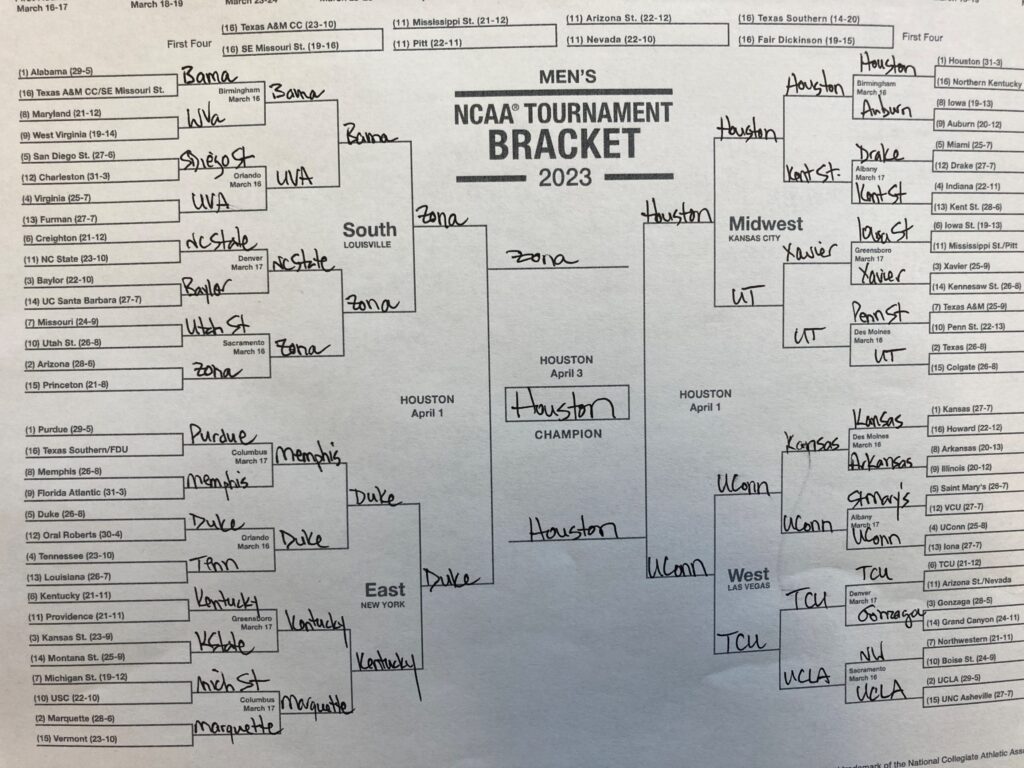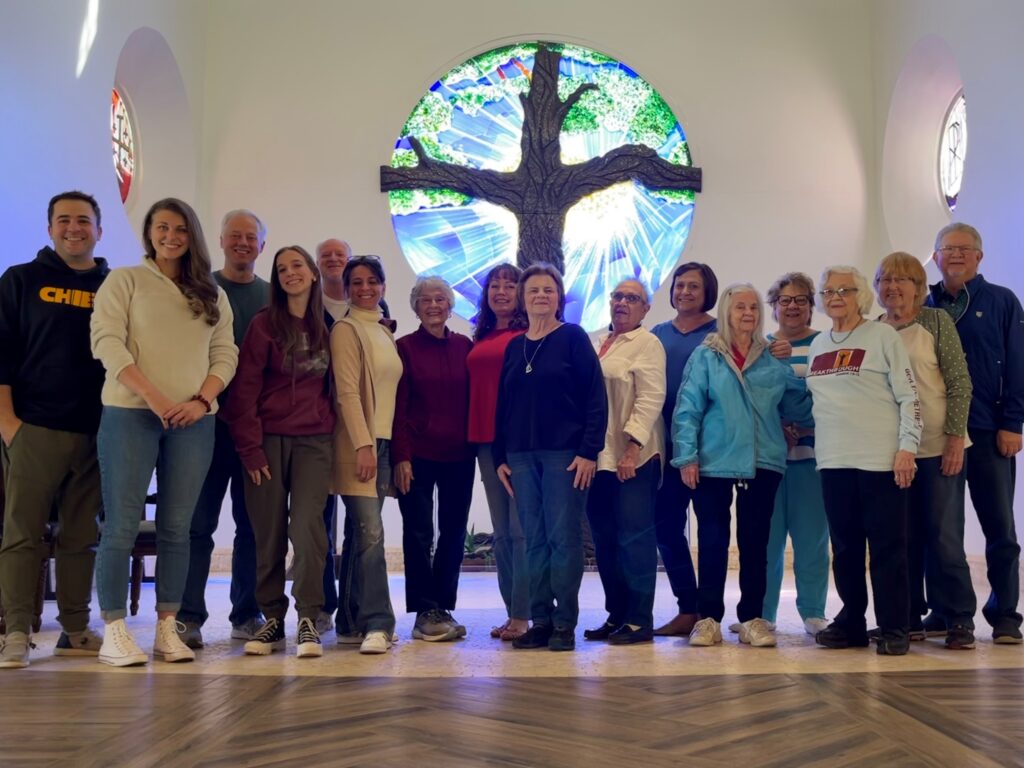You’ve got to look at this incredible pass from Luka to Hardy during last night’s Mavericks win over the Pacers. Put the video on full screen and let it roll for like three times. It’s just unfathomable what Luka does almost every single night. It’s not enough to keep them from completely blowing the end of the season – was there anybody who thought the Kyrie trade was going to work? But, man, Luka is a special dude. I pray they haven’t totally ruined him with that putrid trade and this monumental late season collapse. Watch this crazy pass.
https://twitter.com/KingJames/status/1640515719896141826?ref_src=twsrc%5Etfw%7Ctwcamp%5Etweetembed%7Ctwterm%5E1640515719896141826%7Ctwgr%5E6ebfd2c2953ebf8be8a2e68bf43222968d1ceb9c%7Ctwcon%5Es1_c10&ref_url=https%3A%2F%2Fapi.sportsdaydfw.com%2Fv1%2F
 This Sunday is our deadline at GCR Church for recommending new shepherds to join our existing eldership. And I want to remind us and anybody else who might be reading this in a different context that we are looking for relational leadership, not positional leadership. Too many churches are led by strangers who are not recognized by the sheep. A true shepherd is followed not because God has given him authority, but because the sheep recognize his voice. In the Bible, God doesn’t tell his people to respond to a leader because he has an office or a title. It has to do with relationship. Uphold these men, the Bible says. Recognize them. Follow them. Not because their names are in the bulletin or because they approve the budget. But because of their hard work. Because of their love for the Body. Because of relationships.
This Sunday is our deadline at GCR Church for recommending new shepherds to join our existing eldership. And I want to remind us and anybody else who might be reading this in a different context that we are looking for relational leadership, not positional leadership. Too many churches are led by strangers who are not recognized by the sheep. A true shepherd is followed not because God has given him authority, but because the sheep recognize his voice. In the Bible, God doesn’t tell his people to respond to a leader because he has an office or a title. It has to do with relationship. Uphold these men, the Bible says. Recognize them. Follow them. Not because their names are in the bulletin or because they approve the budget. But because of their hard work. Because of their love for the Body. Because of relationships.
“I know my sheep and my sheep know me.” ~John 10:14
Shepherds in Bible times were not day laborers who show up for work in the morning, put in eight hours with a lunch and a couple of 15-minute breaks, and then call it a day and go home. They lived with their sheep. Day and night. Season after season. They fed them, protected them, loved them. The sheep knew their shepherd’s touch, they recognized his voice, and they followed no other shepherd. It’s about relationship.
“My sheep listen to my voice; I know them and they follow me.” ~John 10:27
Picture Jesus with his disciples. Eating with them, walking and talking with them, working with them, teaching them, encouraging them; praying for them, correcting them, loving them; washing their feet and dying for them. Ordaining elders is about acknowledging relationships, not appointing positions. This doesn’t mean elders don’t have a title, but it means their authority comes from their lives and hearts and Jesus in them, not the title. They have the title because people follow them, not the other way around.
It’s one part of the church saying, “This man is a wonderful shepherd to us and we think he’d be a great shepherd for the whole church.” And the rest of the church saying, “Yeah, please shepherd us, too!”
When we’re looking for elders, WHO he is is a lot more important than WHAT he is. Relational, not positional.
Peace,
Allan





Recent Comments